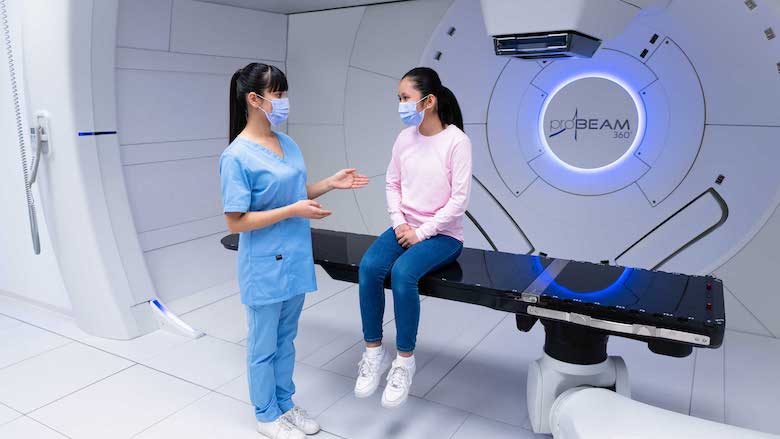
Cancer has always been an incredibly difficult and challenging disease to treat. Although we still don’t have a specific cure right now, the good news is that there are many different ways that technology has made a difference in the detection and treatment of cancer, making it a more survivable condition and offering hope to millions of people around the world. Read on and discover some of the most exciting and cutting-edge new technologies that are revolutionizing cancer treatment.
Precision Medicine
Precision medicine takes a new way of looking at cancer and determining a treatment plan for you. This kind of treatment will take into account the different variations in genes, lifestyle, and even your environment, to help you get a specifically designed treatment plan that will help you in the best possible way.
A good example of how this works is if you have experienced throat cancer symptoms and then have been diagnosed with throat cancer. Precision medicine will allow doctors to identify the specific genetic mutations that are linked specifically with your tumor, and that means they can choose the perfect treatment that will have the most positive effects.
Immunotherapy
Immunotherapy is an exciting new way to treat cancer that makes a lot of sense. This kind of treatment will use the body’s immune system to fight cancer, and it works by boosting the way the immune system works so that it can recognize cancer cells, which is not something it can always do when left to its own devices.
Not only will your immune system notice the damaged cells, but it will put all its efforts into fighting and destroying them. Although this is not a treatment that is widely recognized right now, the results so far are very promising, and it can be used as a complementary treatment to chemotherapy or radiation with hopes that in the future it can be an alternative to these treatments.
Liquid Biopsies
Biopsies are often needed to determine whether a tumor is benign or malignant, but the issue with them is that they are invasive and uncomfortable and they can cause pain and stress. This can even lead some people to avoid having one done, even if they have cancer symptoms or think there is a problem.
New liquid biopsies are a great alternative. They are non-invasive and much more convenient. They work by analyzing DNA to see if there are cancer cells present. Not only can this technology detect cancer, but it can give doctors much more information about the tumor itself, including the genetic makeup and how it might respond to various kinds of treatments. Specialists can make more informed decisions and offer patients much more effective treatment plans.
Robotic Surgery
In the past, some cancer tumors were just too difficult to remove. This might have been because they were in a difficult placement within the body and removal would have caused a lot of damage. For example, the same tumor in a different location might have not been able to be removed, and that patient would have had a better chance of recovery. Leaving a tumor in place is always a last resort, but sometimes inevitable.
Things are changing and it may be possible to use robots and robotic surgery to remove even the most tricky of tumors in the future. This will give the chance of recovery to many people who would not have had it before.


